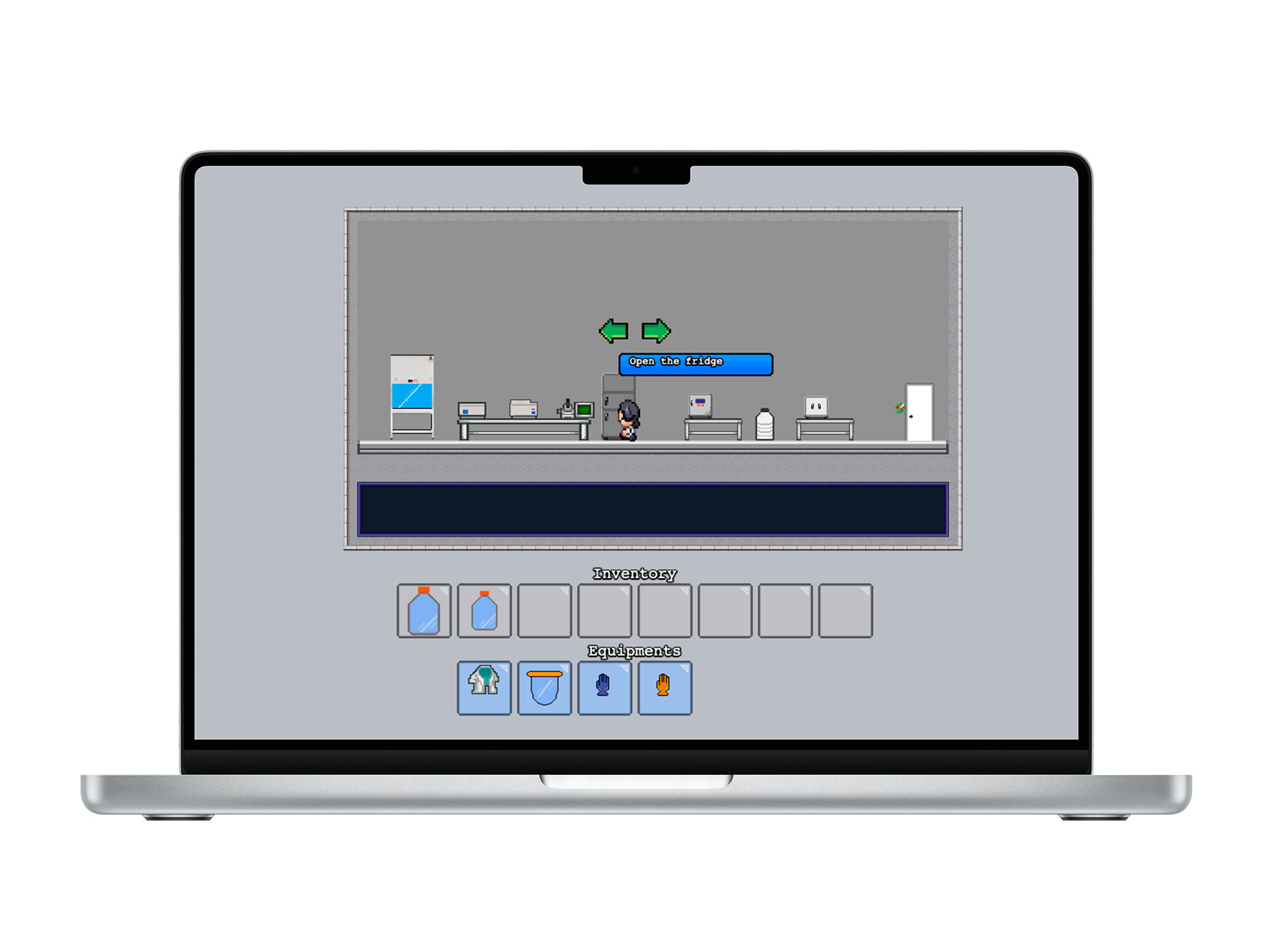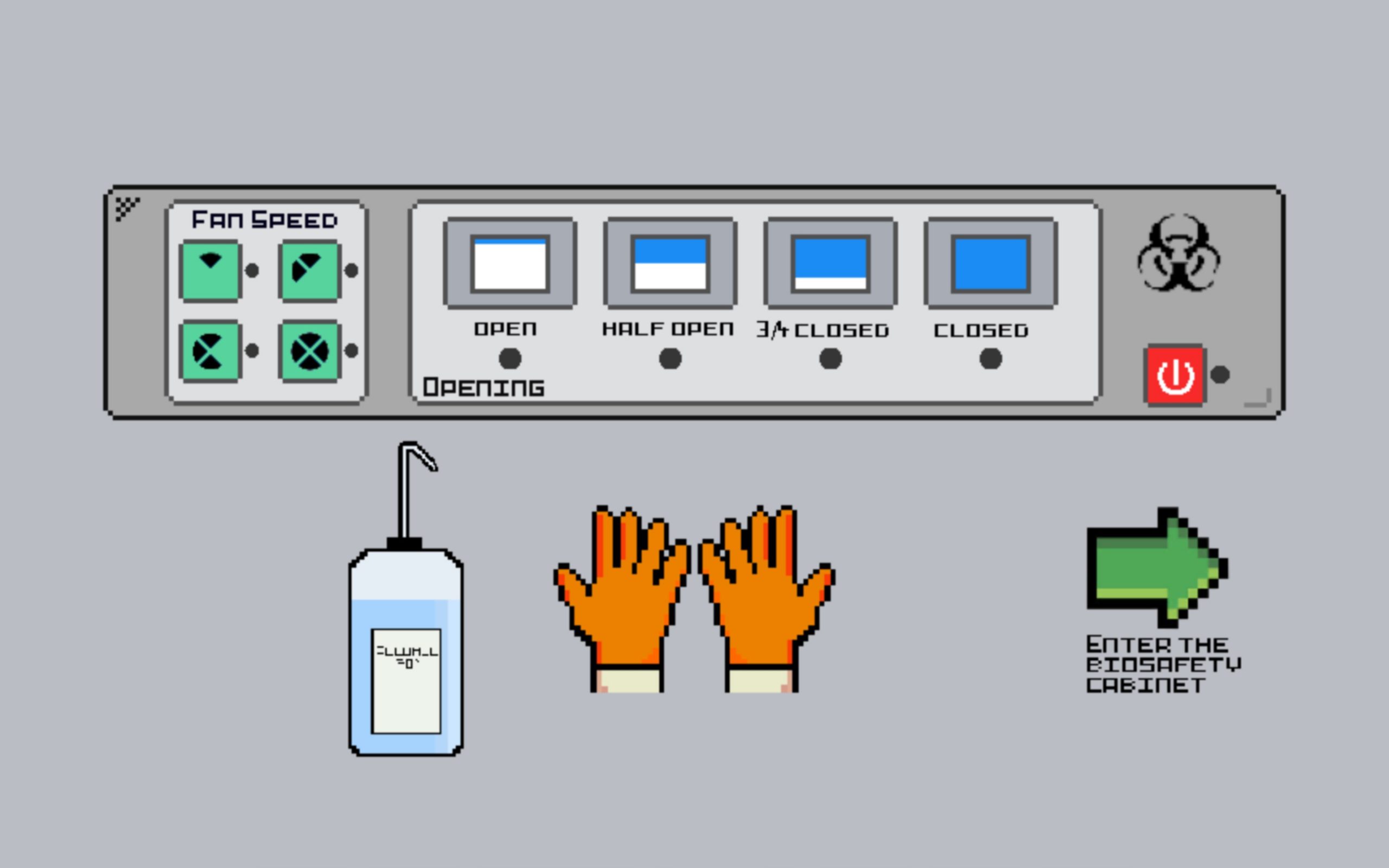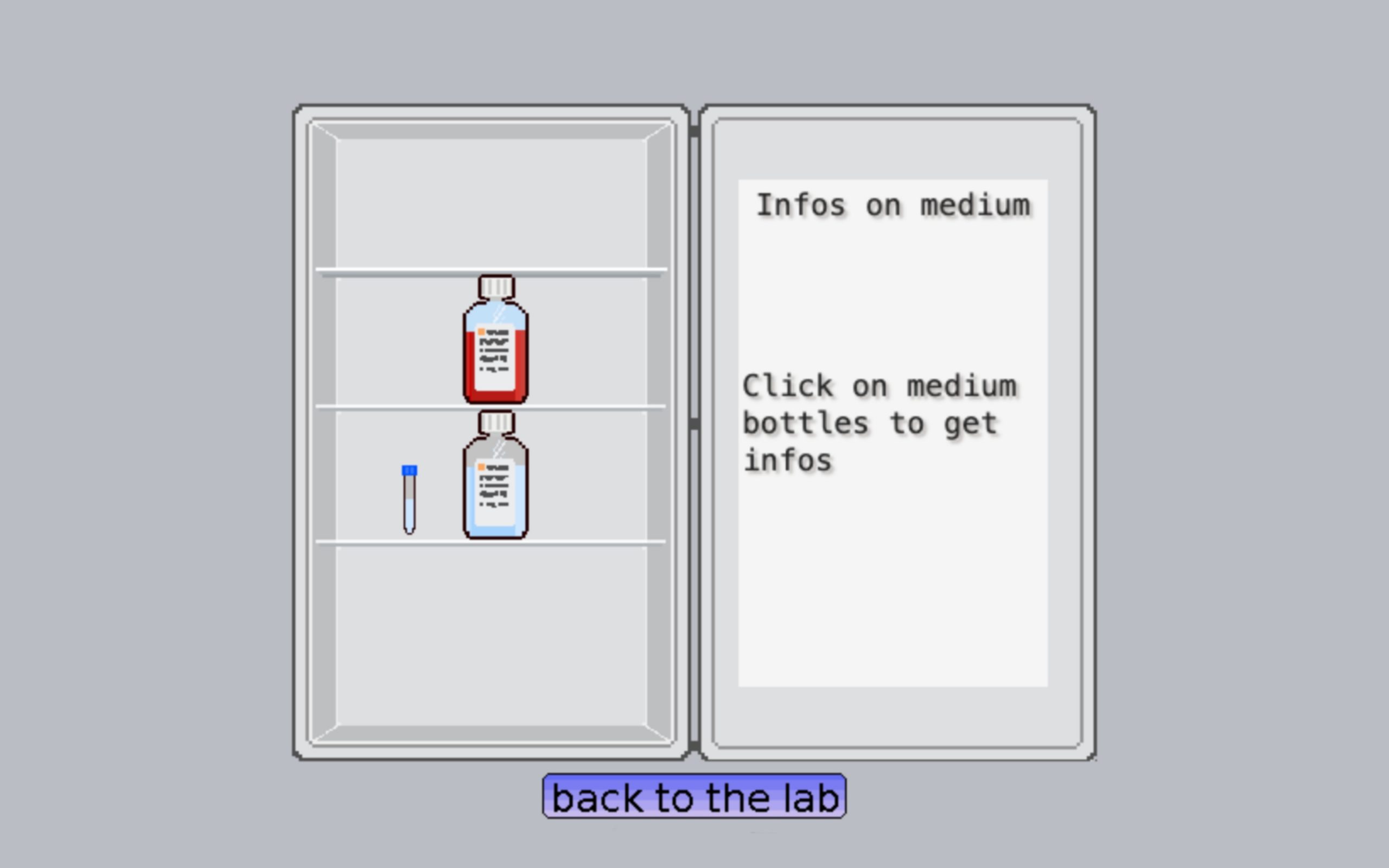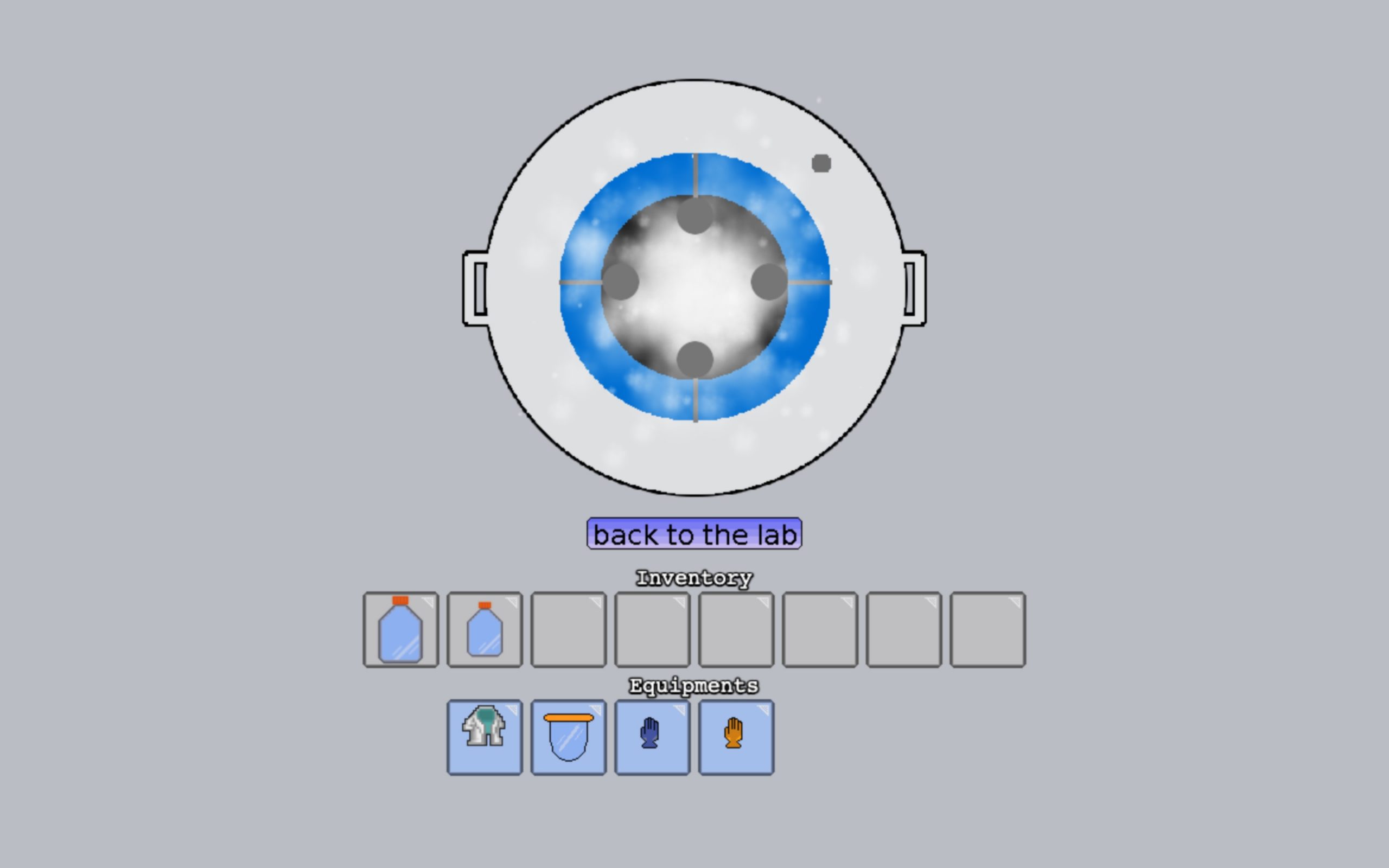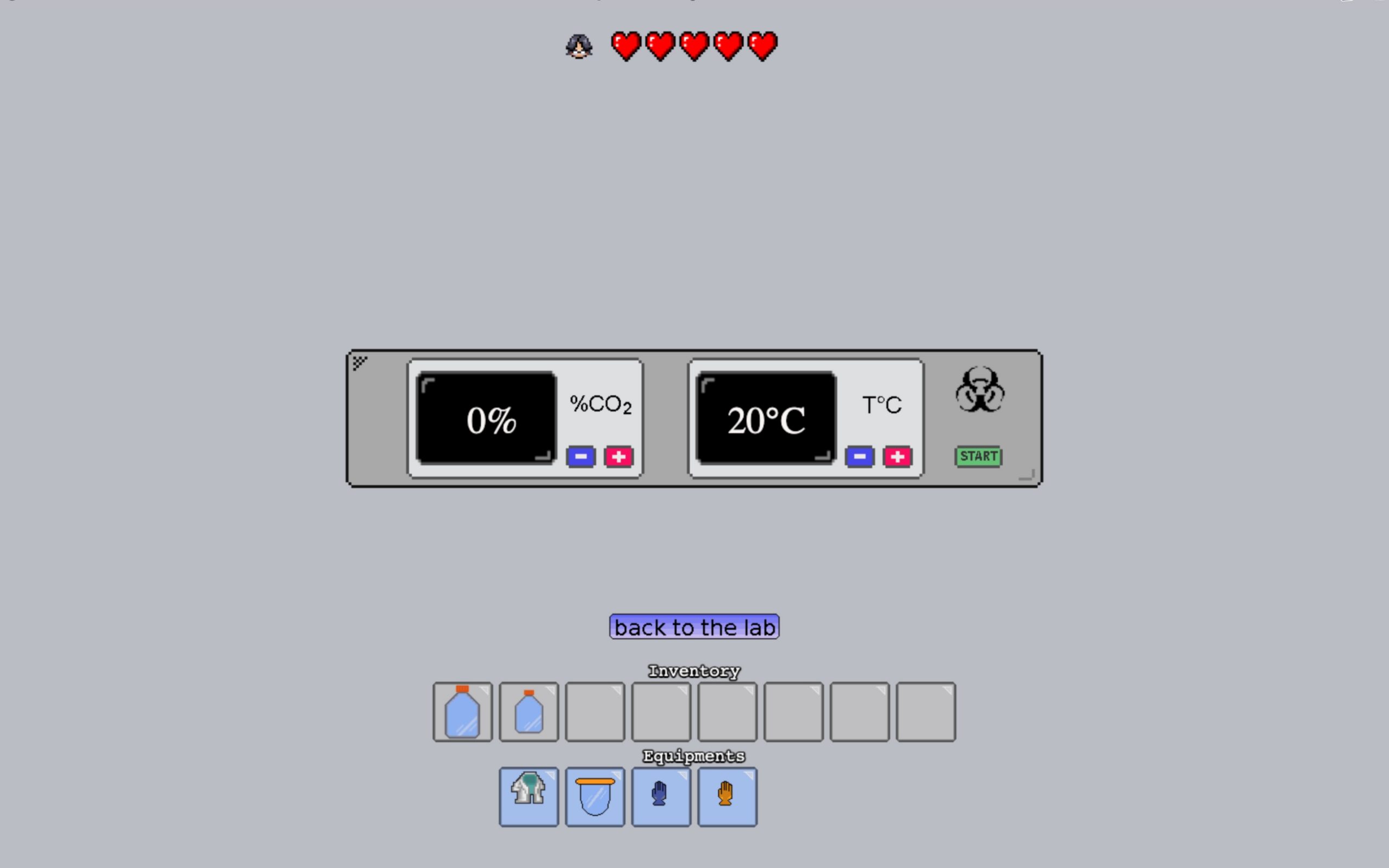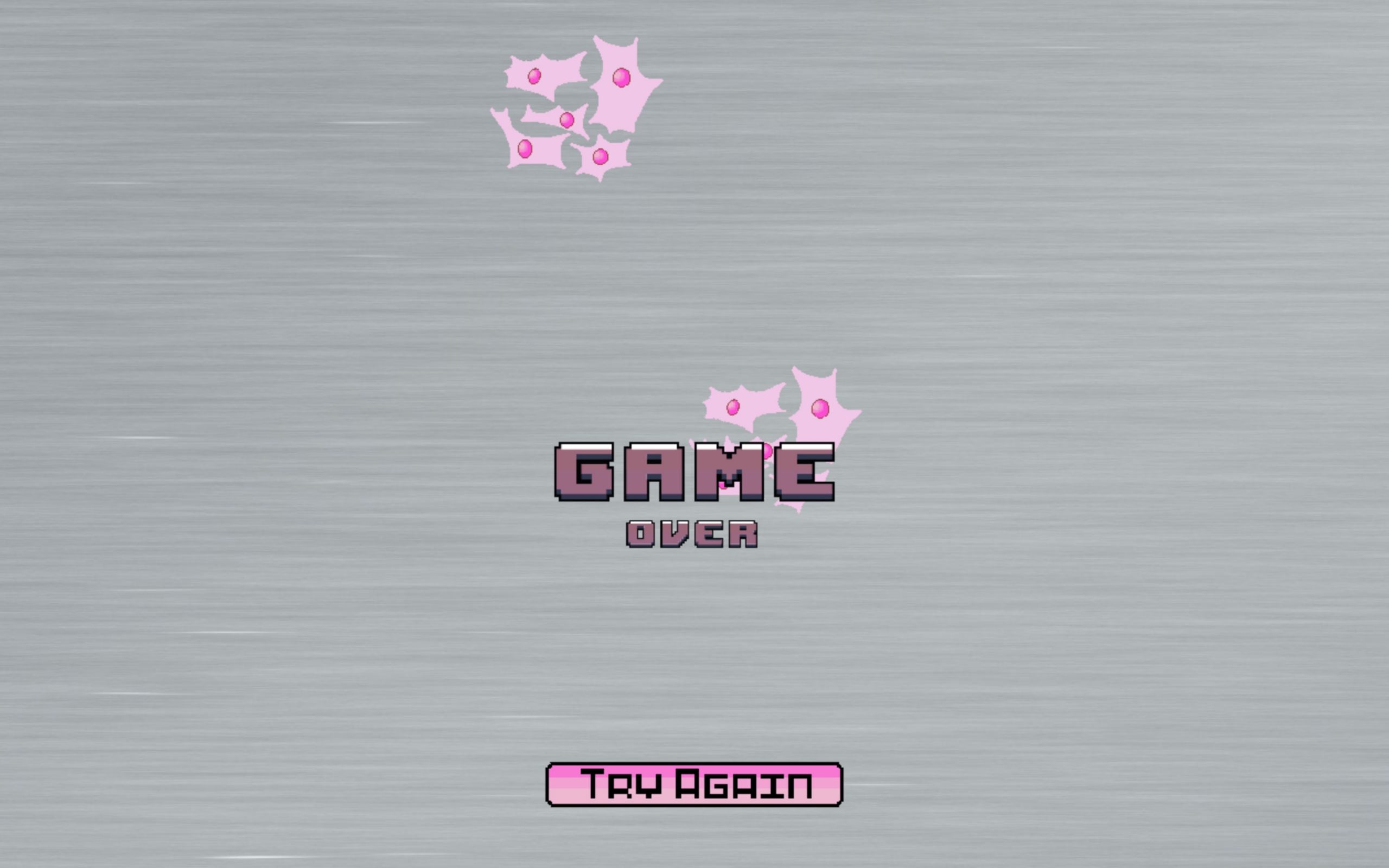A Gaming approach to Scientific Education
For this work package the RALDE team had to, quite literally, embark on a quest of their own. Our goal here was to transform a traditional scientific practice into a serious game, blending educational objectives with engaging gameplay. We chose to create a game based on cell culture practicals, an integral part of scientific education, aiming to enhance learning through interactive, real-life experiences. This serious game mirrors actual lab processes, such as cell checking, splitting, and washing, providing a realistic simulation of cell culture management.
For other educators, this game serves as a model for integrating serious games into scientific education. It demonstrates the potential of games to not only convey theoretical knowledge but also to develop practical skills and critical thinking. By exploring this game, educators can gain insights into creating similar tools for their disciplines, harnessing the power of gamification to enhance the learning experience.
Why We Created This Game
- Rethinking Active Learning: This game is a step towards reimagining how scientific concepts are taught, moving away from traditional methods to more interactive, engaging formats.
- Distance Education Enhancement: By offering a game-based learning tool, we provide students with the opportunity to experience practical aspects of science remotely, making education more accessible and adaptable, especially in situations like the pandemic.
- Increased Student Engagement: The game format appeals to modern students who are familiar with and motivated by interactive digital media, enhancing their engagement and learning outcomes.
- The Final Presentation: A culminating task where participants deliver a comprehensive presentation, integrating all skills learned.
How It Adds to Student Education
- Autonomous Learning: Students learn at their own pace, making decisions and experiencing the consequences of their actions within the game, which fosters critical thinking and problem-solving skills.
- Safe Experimentation: The virtual environment allows students to make mistakes without real-world consequences, encouraging experimentation and learning from errors.
- Real-Life Application: The game closely models real lab scenarios, preparing students for actual lab work by simulating the processes and decision-making involved in cell culture.
Game development
Our initial concept for the serious game was inspired by the classic Tamagotchi experience, aiming to create an engaging and nurturing virtual environment for cell cultures. However, as we delved deeper into the development process, our vision had to evolve significantly. The constant feedback loop between the content experts and the development team showed us the complexities of accurately translating scientific procedures into a game format. This collaboration was instrumental in adapting our approach, making sure that the game was not only fun but also a true reflection of real-world scientific practices.
Our experience highlighted the importance of flexibility in development, the challenges of balancing scientific accuracy with gameplay, and the potential of games as educational tools.
For those curious about how we transformed a simple Tamagotchi-like concept into our proof-of-concept educational game, we invite you to explore our behind-the-scenes tutorial playlist. This series provides an intimate look into the collaborative process, the challenges we overcame, and the creative solutions we discovered along the way.
Watch our Serious Games Tutorials
Download the Course Materials
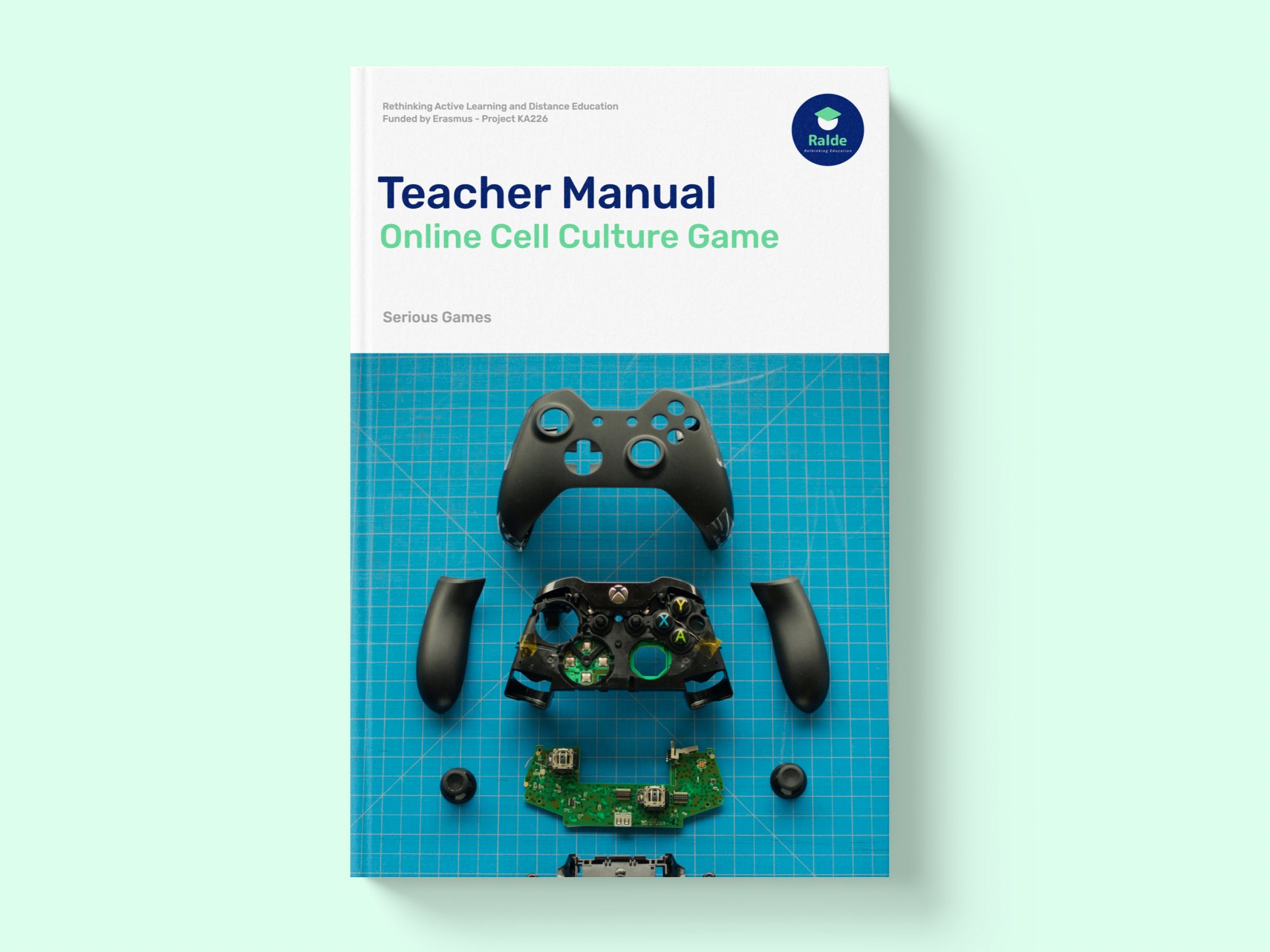
Online Cell Culture Game

